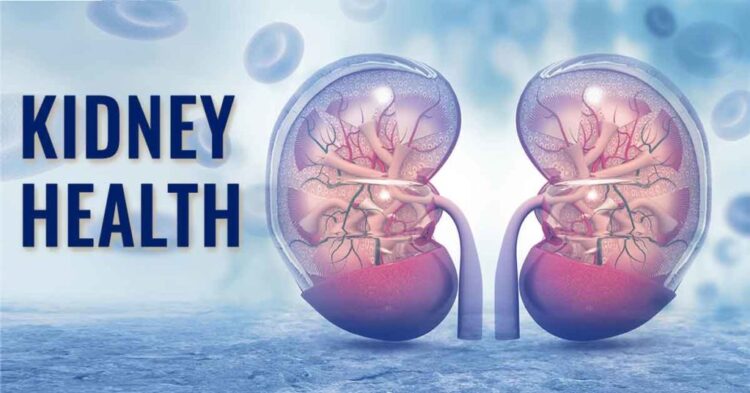Kidneys are bean-shaped organs that filter waste from the body. Toxin elimination, glucose regulation, blood filtering, and other cardinal physiological processes are all carried out by the kidneys. A timely diagnosis is critical for effective treatment. Awareness is the initial step in this process.
Do you have difficulty sleeping? Do you have frequent urination and nighttime muscular spasms? This could be the body’s method of telling you about damaged kidneys. Understanding these signs can aid in the early discovery and treatment of kidney diseases.
- Nocturia: One of the most common symptoms of kidney damage is nocturia, which is the need to urinate frequently during the night. Healthy kidneys typically concentrate urine to minimize nighttime urination. However, when the kidneys are damaged, their ability to concentrate urine diminishes, leading to increased urine production. This can disrupt sleep patterns and result in fatigue the following day. If you find yourself waking up multiple times to urinate, it may be a sign of underlying kidney issues.
- Swelling and Edema: Kidney damage can lead to fluid retention, causing swelling (edema) in various parts of the body, including the legs, ankles, and even the face. This swelling may become more noticeable at night, especially when lying down. The kidneys play a crucial role in regulating fluid balance, and their impairment can cause excess fluid to accumulate. If you notice increased swelling at night, it’s important to consult a healthcare professional for further evaluation.
- Fatigue and Weakness: Evening fatigue and weakness can be more pronounced for individuals with kidney damage. As kidneys fail to filter waste products effectively, toxins build up in the bloodstream, leading to a condition known as uremia. This can result in feelings of extreme tiredness and lack of energy, which may be more noticeable in the quiet hours of the night. If you find yourself feeling unusually fatigued, especially after a day of moderate activity, it may warrant further investigation into your kidney health.
- Changes in Sleep Patterns: Kidney damage can also affect sleep quality. Individuals may experience insomnia or disturbed sleep due to discomfort from swelling, frequent urination, or other symptoms. The buildup of toxins can lead to restless nights, making it difficult to achieve restorative sleep. If you find that your sleep is consistently disrupted by discomfort or the need to urinate, it could be an indication that your kidneys are not functioning optimally.
- Back Pain: Kidney-related back pain may become more noticeable at night, particularly in the lower back area. This pain can range from a dull ache to sharp discomfort and may be exacerbated by lying down. While back pain can be caused by various factors, if it is accompanied by other symptoms such as changes in urination or swelling, it may suggest kidney damage. Pay attention to the timing and severity of the pain, as this can help in identifying underlying issues.
If you consistently encounter any of these symptoms, you should contact a doctor. Early detection and treatment can dramatically improve outcomes and help keep kidneys healthy. Regular kidney function tests and monitoring are essential, especially for people at increased risk, such as those with diabetes or hypertension.
Source: In







 Finance
Finance







